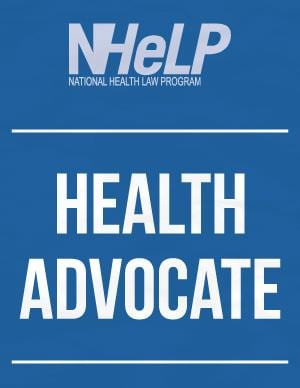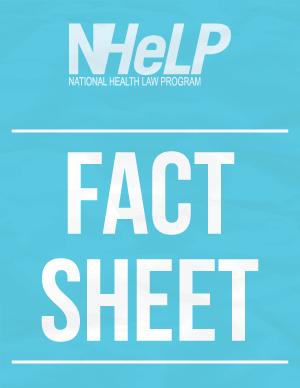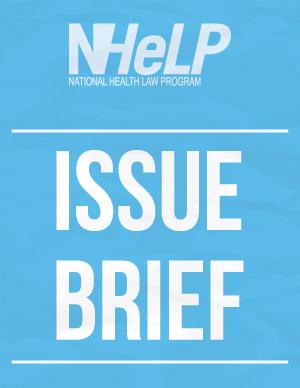- Abigail Coursolle
- Alejandra Pavisich
- Alejandra Pavisich
- Alexis Robles-Fradet
- Alicia Emanuel
- Amanda Avery
- Amy Chen
- Andy DiAntonio
- Arielle Linsey
- Brian Brooks
- Candace Gibson
- Carly Myers
- Cassandra LaRose
- Cat Duffy
- Catherine McKee
- Cathren Cohen
- Charlie Blodnieks
- Charly Gilfoil
- Cheyenne Peters
- Christina Piecora
- Corey Davis
- Dania Douglas
- Daniel Young
- David Machledt
- Deanna Hartog
- Elizabeth Edwards
- Elizabeth G. Taylor
- Emma Parker-Newton
- Eskedar Girmash
- Fabiola De Liban
- Georgesula Ziama
- Geron Gadd
- Hannah Eichner
- Hayley Penan
- Héctor Hernández-Delgado
- Ian McDonald
- Jane Perkins
- Jasmine Young
- Jennifer Lav
- Joe McLean
- Jules Lutaba
- Kally Xu
- Kasey Nichols
- Kavisha Prajapati
- Kimberly Lewis
- Leonardo Cuello
- lhigashi
- Liz McCaman Taylor
- Madeline Morcelle
- Mara Youdelman
- Margaret Okakpu
- Maya Levin
- Michelle Lilienfeld
- Michelle Yiu
- Miriam Delaney Heard
- Mizue Suito
- Priscilla Huang
- Rachel Holtzman
- Rolonda Donelson
- Sarah Grusin
- Sarah Somers
- Skyler Rosellini
- Susan Berke Fogel
- T. Nancy Lam
- veng
- Walter Hsiang, MD
- Wayne Turner
- Zamir M. Brown
- Show all
- Alabama
- Alaska
- All United States
- Arizona
- Arkansas
- California
- Colorado
- Connecticut
- Delaware
- District of Columbia
- Florida
- Georgia
- Hawaii
- Idaho
- Illinois
- Indiana
- Iowa
- Kansas
- Kentucky
- Louisiana
- Maine
- Maryland
- Massachusetts
- Michigan
- Minnesota
- Mississippi
- Missouri
- Montana
- National
- Nebraska
- Nevada
- New Hampshire
- New Jersey
- New Mexico
- New York
- North Carolina
- North Dakota
- Ohio
- Oklahoma
- Oregon
- Pennsylvania
- Rhode Island
- South Carolina
- South Dakota
- Tennessee
- Texas
- Utah
- Vermont
- Virginia
- Washington
- West Virginia
- Wisconsin
- Wyoming
- June 13, 2017
Evaluating Functional Assessments for Older Adults
Read moreState Medicaid agencies and their contractors rely on functional assessment tools to make coverage and eligibility decisions for long-term services and supports (LTSS). Many states use tools developed and licensed by private entities, while others have developed and implemented their own tools. The variety of tools is staggering. One…
- June 9, 2017
Protect Medi-Cal Funding Series, Medi-Cal Affordability
Read moreCalifornia's Medicaid program, Medi-Cal, promotes ensuring low-income residents and those mired in poverty are able to access quality health care. For example, California, has strong protections to restrict premiums and other cost barriers to health care for the state's most vulnerable populations. In the fifth Issue Brief of a…
- June 2, 2017
Protect Medi-Cal Funding Series, Medi-Cal Services
Read moreCalifornia's Medicaid program, Medi-Cal, provides comprehensive health care services to more than 13 million in the state. That care, which includes hospitalization, physician services and preventive screenings for children and adults, is threatened by proposed Medicaid cuts in the so-called American Health Care Act (AHCA), now pending in the…
 June 1, 2017
June 1, 2017Medicaid Caps and the Opioid Epidemic
Read moreMedicaid is the largest source of health care coverage for individuals with substance use disorders, NHeLP Staff Attorney Héctor Hernández-Delgado writes in this month's "Health Advocate." He details how slashing Medicaid funding, as proposed in the so-called American Health Care Act (AHCA), would result in millions of individuals losing SUD treatment.…
 May 31, 2017
May 31, 2017Threats to Women’s Reproductive Health Under the American Health Care Act (AHCA)
Read moreThe so-called American Health Care Act (AHCA), pending in the U.S. Senate, would repeal progressive health care reforms brought about by the landmark Affordable Care Act (ACA), especially harming women's access to reproductive health care services. In this fact sheet, Senior Attorney Amy Chen explains how AHCA would severely…
 May 25, 2017
May 25, 2017Protect Medi-Cal Funding Series, Older Adults, and Individuals with Disabilities
Read moreCalifornia's Medicaid program, Medi-Cal, is vital to the health of millions of older adults and individuals with disabilities in the state, providing access to quality care for low-income patients. That care is threatened by proposals pending in Congress. In the third Issue Brief of a 12-part "Protect Medi-Cal Funding,"…


